Homesteading is an adventure in self-sufficiency, resilience, and working with nature’s rhythms. From the outside, it might look like a life of simplicity, but every homesteader knows that hard work, constant learning, and a bit of trial and error come with the territory. While there’s incredible satisfaction in growing your own food and creating a more sustainable lifestyle, there are plenty of lessons that new homesteaders wish they’d learned before diving in. Here are 18 secrets that only experience can teach you. Understanding these could save you time, energy, and even a few headaches on your own homesteading journey.
1. Expect Unpredictable Weather

No matter how much you plan, nature has the final say. Droughts, floods, or surprise frost can ruin crops in no time. Every homesteader learns to monitor weather forecasts and prepare for all scenarios, from keeping frost blankets handy to setting up efficient irrigation.
2. Composting Takes Patience and Knowledge
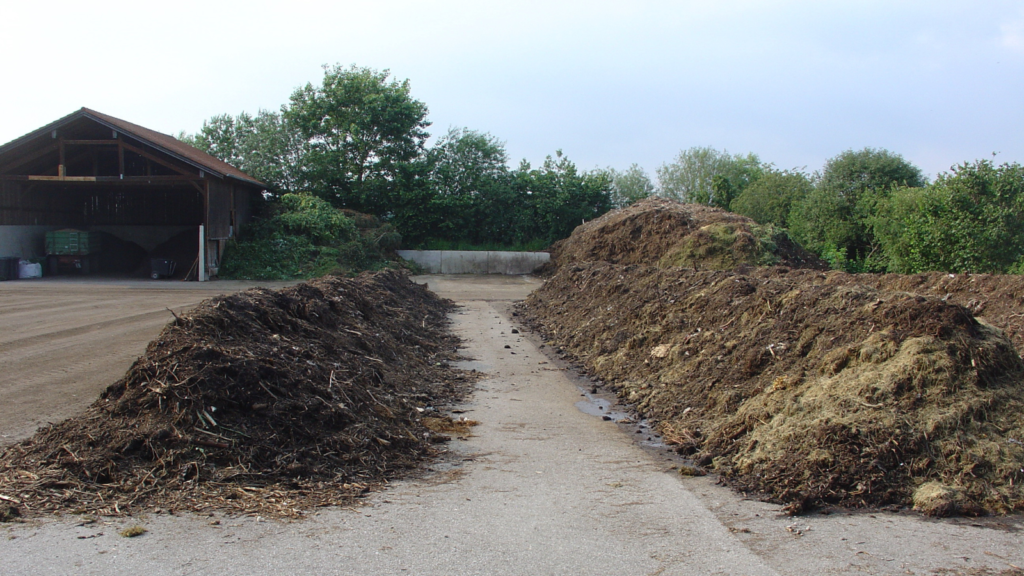
Composting is key for healthy soil, but it’s not as simple as tossing scraps in a pile. Successful composting takes the right balance of green and brown materials, proper moisture, and turning. Getting the mix wrong leads to stinky piles or no breakdown at all, so learning composting basics early is essential.
3. Pests Are Smarter Than You Think
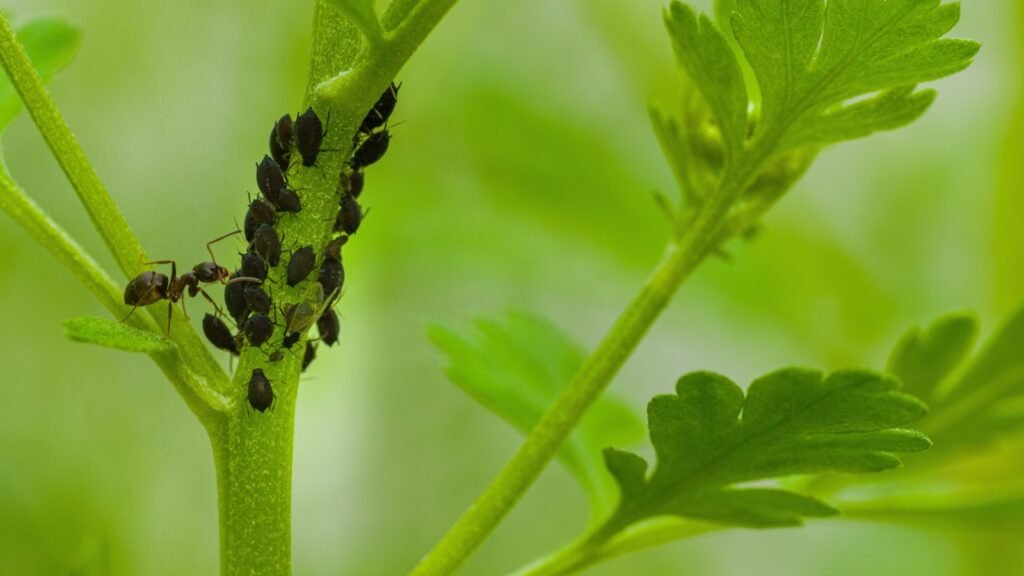
Garden pests always seem to outsmart the latest traps or deterrents. Whether it’s raccoons, deer, or tiny aphids, animals and insects are determined to snack on your hard work. Homesteaders learn to stay vigilant, rotate deterrents, and use natural pest control methods to keep the damage under control.
4. Seed Saving Isn’t as Simple as It Sounds
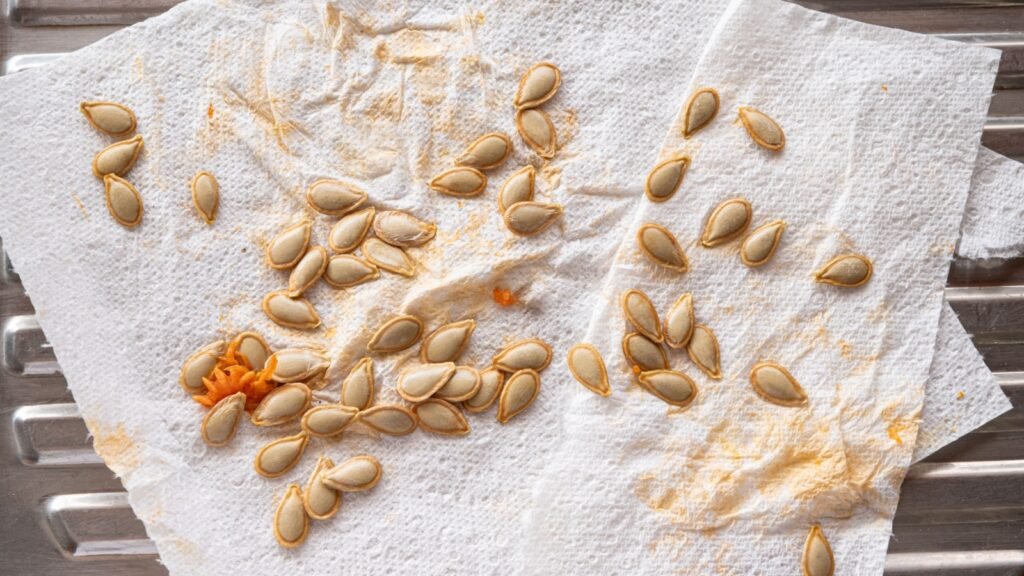
Saving seeds can be a money-saver, but some plants cross-pollinate easily, leading to mixed or weak plants the following season. Homesteaders learn that choosing the right varieties and spacing them correctly is essential to preserving quality seeds for future crops.
5. Chickens Are Messier Than They Are Cute
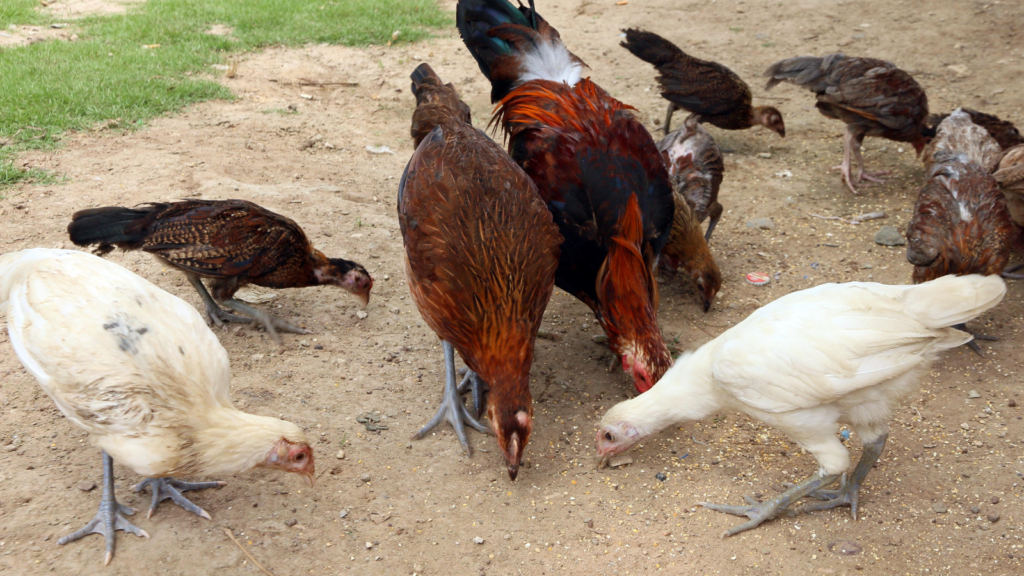
Chickens provide eggs and natural pest control, but they also scratch up gardens, scatter droppings, and make noise. New homesteaders quickly learn to build secure coops, set boundaries, and maintain a strict cleaning routine to keep chickens from taking over the entire yard.
6. DIY Projects Rarely Go as Planned
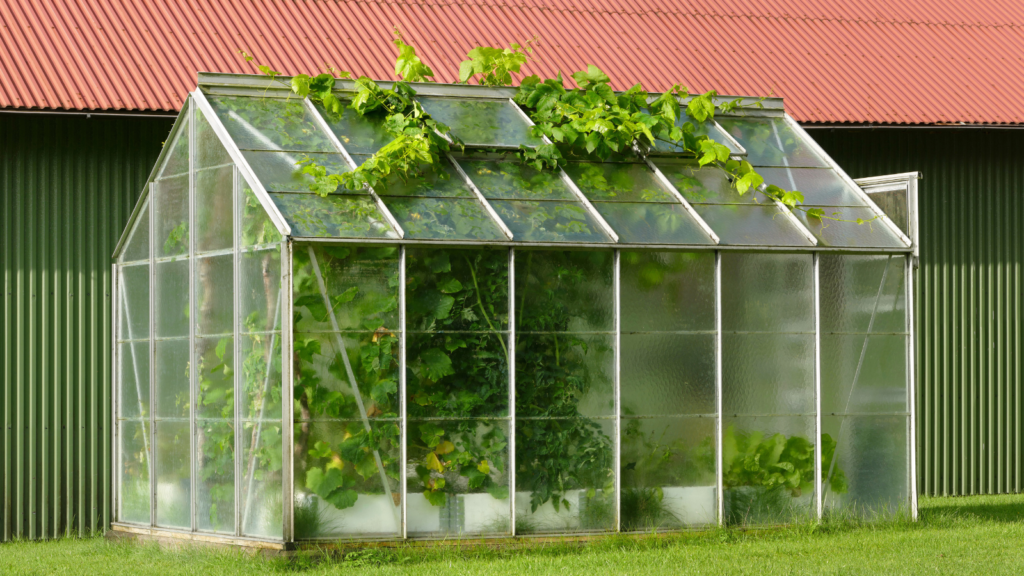
Building a greenhouse or installing solar panels may seem straightforward, but unexpected problems—like lack of materials or uneven ground—often arise. Homesteaders learn to be flexible, plan extra time, and have a backup plan for every DIY project.
7. Firewood Needs a Full Year to Season
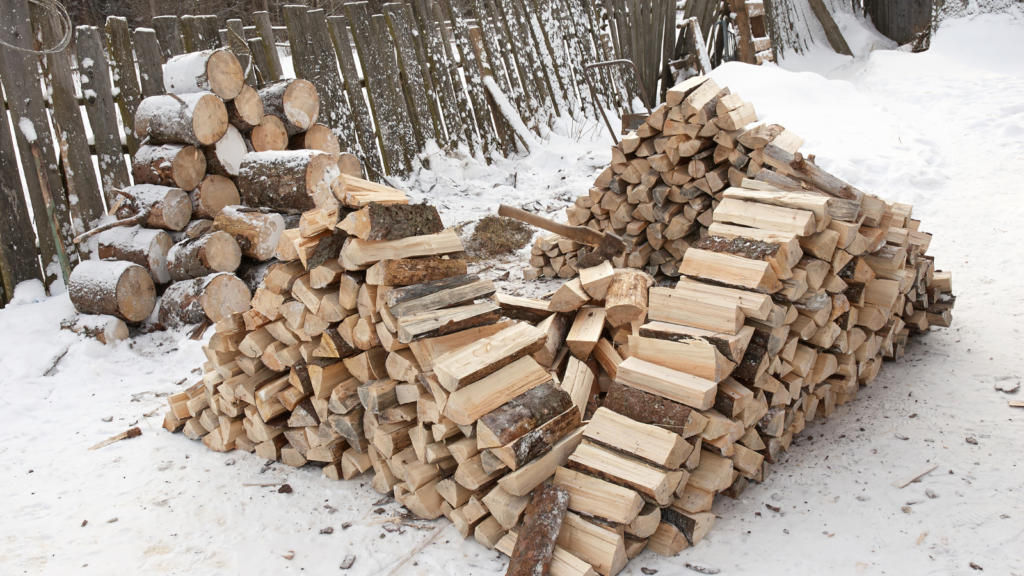
Freshly cut wood is too wet to burn efficiently. It needs at least a year to dry out, so homesteaders learn to plan a year ahead and store firewood properly to have it ready when winter rolls around.
8. Fencing Is a Lifesaver

Animals—both wild and domestic—will roam wherever they can. Whether it’s to keep goats in or deer out, fencing is essential. Homesteaders quickly discover that sturdy, well-planned fencing can prevent countless issues with livestock and garden predators.
9. Rainwater Harvesting Can Be Tricky
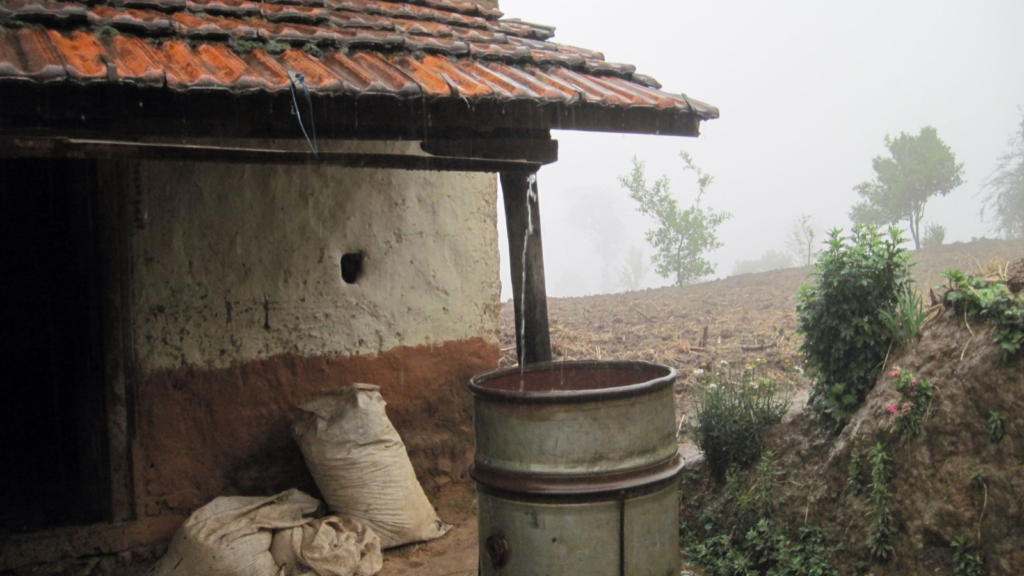
Collecting rainwater sounds simple, but it involves finding the right containers, installing gutters, and avoiding contamination. Homesteaders learn to use proper filtration methods and manage water storage, especially in drier regions where water is precious.
10. Weeds Are Relentless
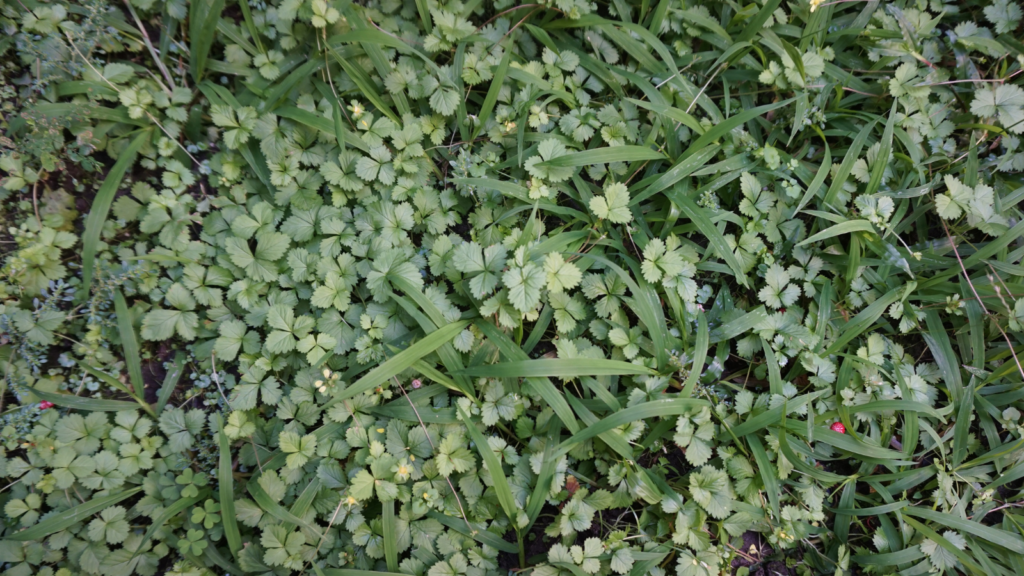
Weeds grow quickly and can choke out your crops if left unchecked. Staying ahead of weeds with regular hoeing, mulching, or even hand-pulling is a constant part of homesteading life, as they can quickly take over garden beds.
11. Not All Plants Are Friendly Neighbors
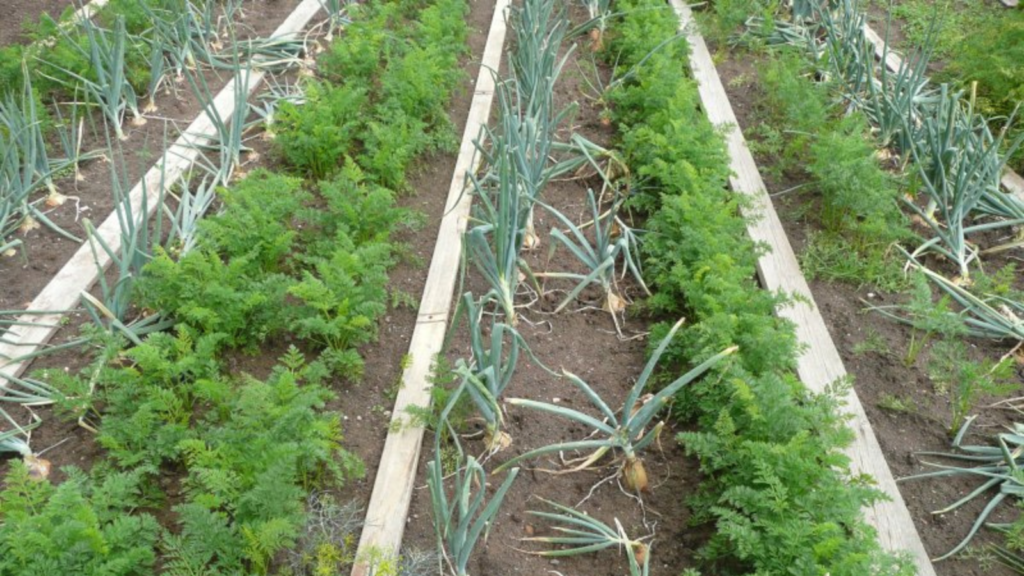
Some plants do not grow well next to each other, as they compete for nutrients or attract certain pests. Companion planting, or knowing which plants benefit from growing near each other, can make a huge difference in crop health and yield.
12. Food Preservation Isn’t Foolproof
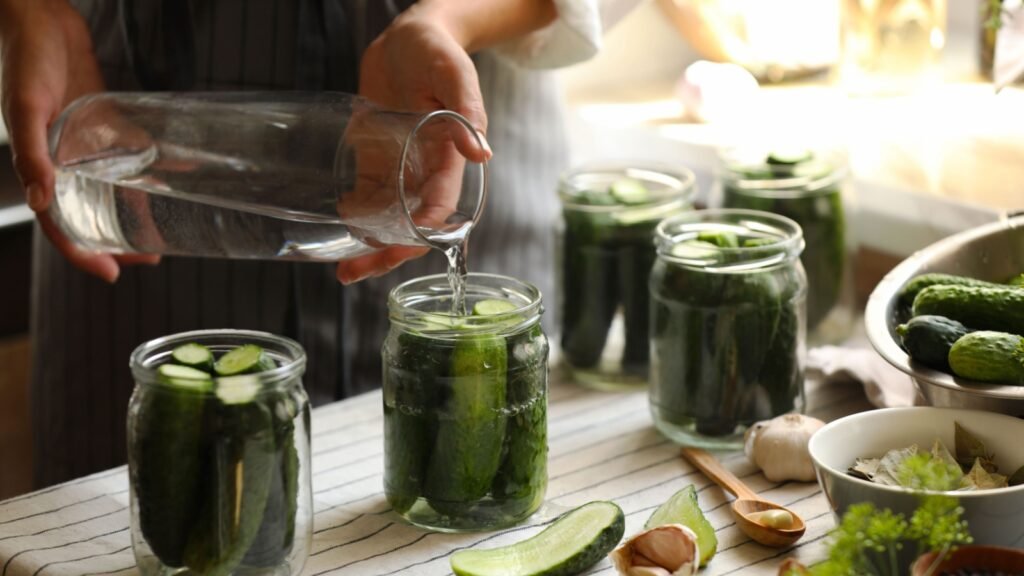
Canning, fermenting, and freezing are essential skills, but each method requires strict hygiene and temperature control. Homesteaders learn that shortcuts or improper technique can lead to spoiled food, so investing in quality equipment and learning from reliable sources is crucial.
13. Self-Sufficiency Takes More Than a Garden

Growing your own food is rewarding, but true self-sufficiency involves raising livestock, foraging, or learning trade skills, like repairing tools. Homesteaders often start small and work their way up, realizing that a balanced approach to self-sufficiency is both practical and achievable.
14. The Best Tools Aren’t Cheap
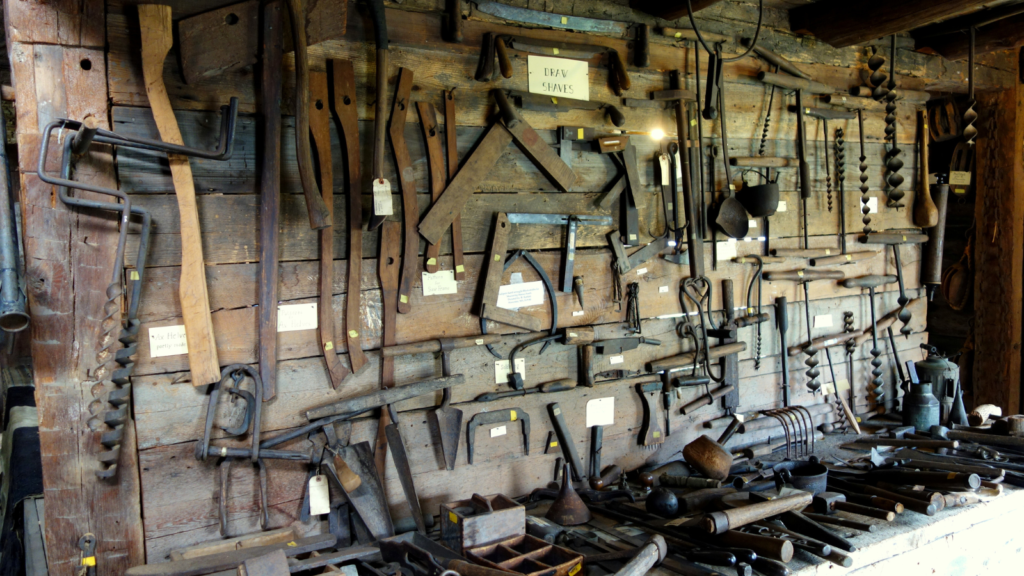
Investing in high-quality tools pays off, as they last longer and make homesteading tasks easier. Cheap tools break down quickly, costing more time and money in the long run. Many homesteaders learn that quality tools are one of the best investments they can make.
15. Soil Health Is Key
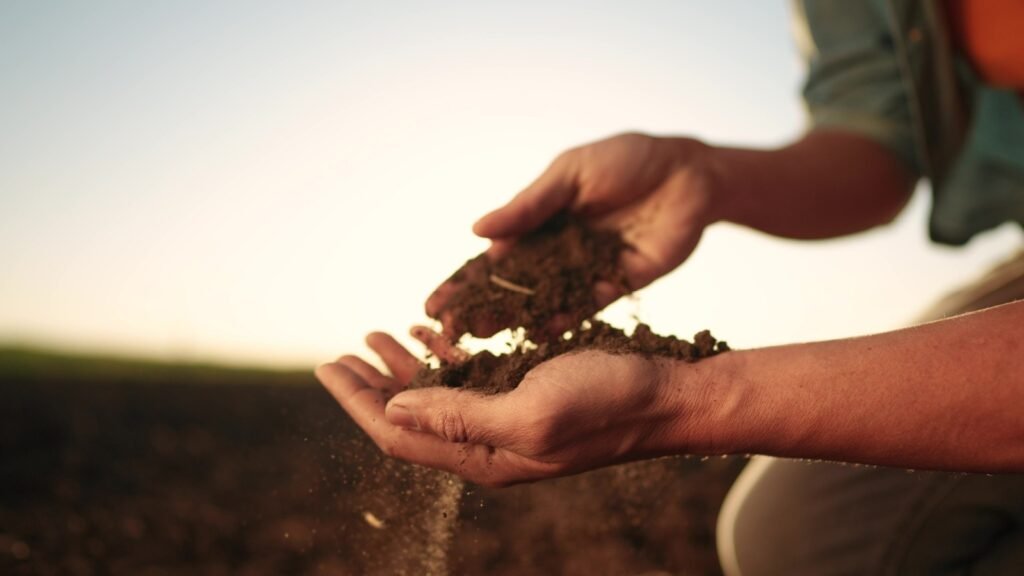
Healthy soil is the foundation of any productive homestead. Testing and amending soil with natural fertilizers and compost ensures that plants receive essential nutrients. Experienced homesteaders know that soil care is an ongoing task and can make or break a harvest.
16. Goats Are Escape Artists
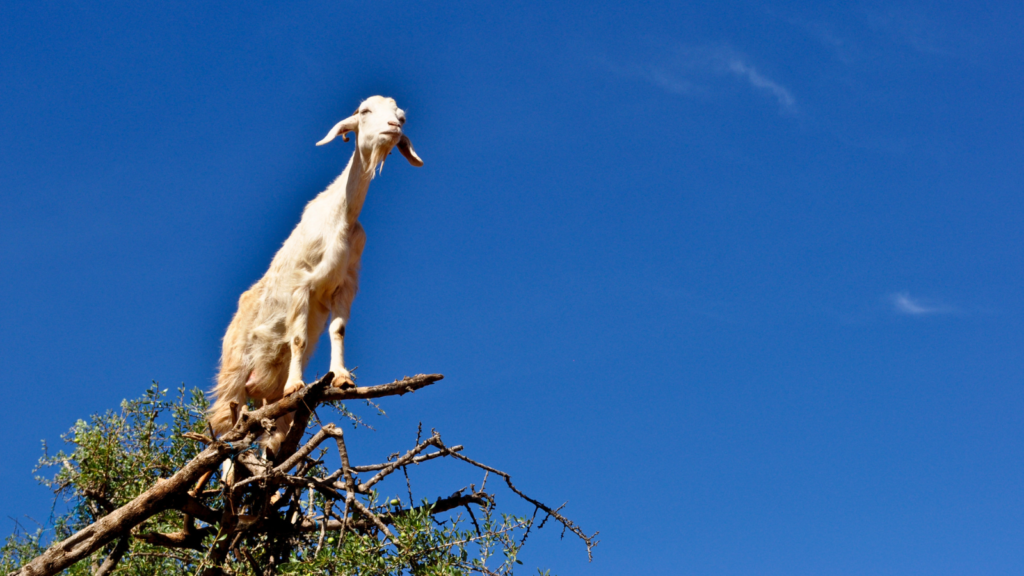
While goats are excellent for clearing brush and producing milk, they are notorious for escaping any pen. Homesteaders learn to reinforce fences and inspect them regularly, as goats find ways to escape that you’d never imagine.
17. Water Sources Can Dry Up
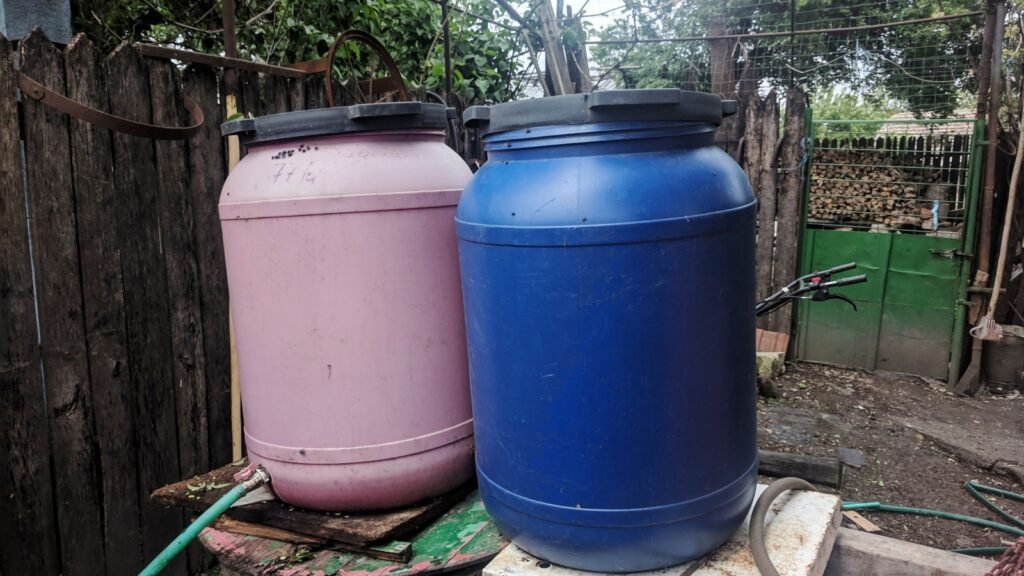
Relying on a well or stream? Be prepared for droughts or shifts in the water table. Homesteaders who depend on local water sources learn to monitor their supply and have a backup plan, like storing rainwater, to prevent shortages.
18. The Learning Never Stops

Homesteading is a lifelong education. There’s always a new skill to learn, whether it’s beekeeping, herbal medicine, or blacksmithing. For most homesteaders, this ongoing learning is part of the reward, allowing them to grow more self-sufficient and skilled over time.

